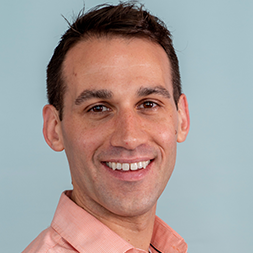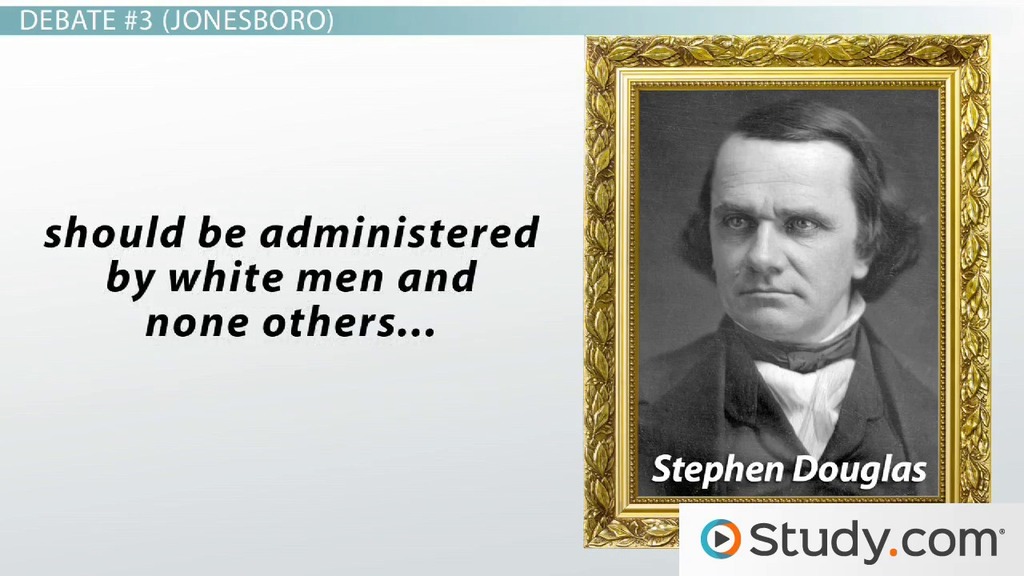

He served as president of the American Psychological Association from 1970 to 1971, where he promoted an ethic of social responsibility within the profession and confronted the institutional racism within the organization.

He authored and collaborated on more than 16 books, and published numerous research papers and journal articles. Clark taught at City College in New York City from 1942 until his retirement in 1975.

This led to an award of a Rosenwald Fellowship in 1939 that supported their continued investigations on self esteem in black children.ĭr. Between 19, the Clarks published their innovative research in the Journal of Social Psychology and other scientific journals. They studied how young children's race affects their self-concept and self-esteem.
#Douglass psychology child study center professional#
It was Mamie Phipps-Clark's 1939 master's thesis at Howard University, titled "The Development of Consciousness of Self in Negro Pre-School Children," that initiated the couple's extensive intellectual collaboration throughout their professional careers. The two went on to become the first and second African-American students to earn doctorate degrees in psychology from Columbia University in New York. While a graduate student and teaching assistant in the psychology department at Howard University, Clark met and married Mamie Phipps, from Little Rock, Arkansas. (1936) degrees from Howard University in Washington, D.C., where he became a leader in demonstrations opposing racial segregation. That same year he became a naturalized U.S. His mother encouraged the intellectual pursuits and academic education of her son, and advocated for hisĪdmission to George Washington High School, where he graduated in 1931. Kenneth was educated in the desegregated public elementary and junior high schools of Harlem. Kenneth came of age in Harlem during its political and cultural zenith in the 1920s. Miriam Clark supported her two children working as a seamstress in New York's garment district. Kenneth's father, Arthur Bancroft Clark, a native of the West Indies, would not relinquish his employment with the United Fruit Company in Panama to accompany his family to New York. His Jamaican-born mother, Miriam Hanson Clark, moved to Harlem with Kenneth and his two-year-old sister, Beulah, in 1919. Kenneth Clark was born in the Panama Canal Zone on July 24, 1914, and lived there until he was five years of age.

The social science testimony of Kenneth Clark was a significant factor in the Court's decision, and secured his place in the historical record among social psychologists whose research has influenced significant social change in the twentieth century. The landmark case, argued by the NAACP legal team before the Supreme Court in 1954, declared school segregation a violation of the Fourteenth Amendment of the U.S. Kenneth Bancroft Clark (1914– ), an eminent American social psychologist, educator, and human rights activist, is well known for his expert testimony in the consolidated school desegregation cases known as Brown v. AMERICAN EDUCATOR, SOCIAL PSYCHOLOGIST, HUMAN RIGHTS ACTIVIST


 0 kommentar(er)
0 kommentar(er)
